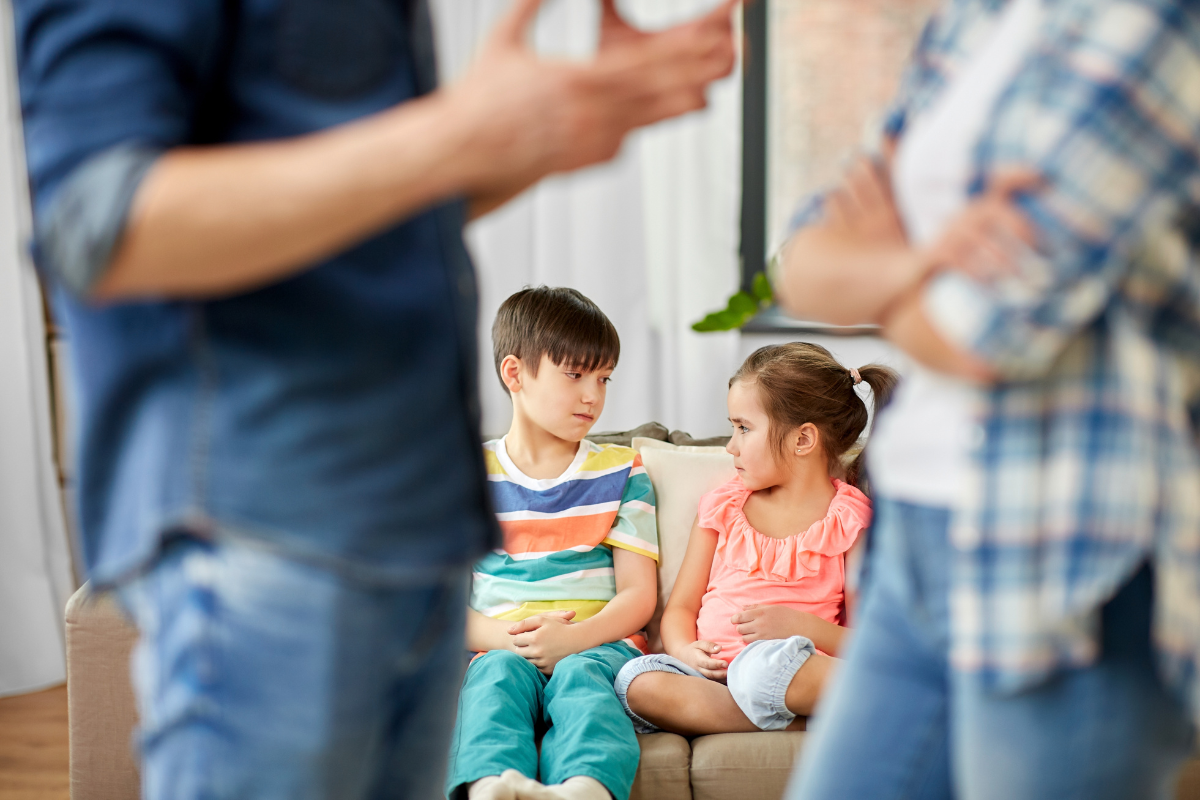Children are Always Watching and Learning: Understanding the Impact of Family and Domestic Violence on Children through Social Learning

Family and domestic violence not only leaves immediate scars but also has profound long-term consequences, particularly on children who witness such violence. The transmission of violent behaviours from generation to generation can often be explained through social learning, a concept well-documented by Albert Bandura’s seminal research. This article delves into how children absorb and replicate behaviours observed in their environments, especially those related to violence, and underscores the critical need for awareness and intervention.
Observational Learning: A Double-Edged Sword
Albert Bandura’s research in the 1960s introduced the world to observational learning, or modelling, where individuals emulate behaviours observed in others. This form of learning does not require direct reinforcement; rather, it can occur naturally and subtly, as Bandura illustrated through various studies, including the famous Bobo doll experiment. In this experiment, children who observed adults acting aggressively toward a Bobo doll were more likely to exhibit aggressive behaviours themselves.
The implications of these findings are particularly significant in the context of family and domestic violence. Children in such environments often witness one parent or caregiver exhibiting violent behaviour towards another. This exposure doesn’t just trigger immediate distress; it also serves as a behavioural template that children may unknowingly adopt.
The Unseen Observer
Parents may not always know that their children observe and learn from their actions. Even when parents believe they have shielded their children from direct encounters with violence, the subtleties of observational learning mean that children can still learn by overhearing conflicts or seeing the aftermath of a violent episode. This inadvertent exposure can normalise aggressive behaviours in children, embedding problematic patterns that might surface later in life.

Long-Term Consequences: Perpetuating Violence
The long-term effect of witnessing domestic violence is the potential perpetuation of violence through social learning. Children who grow up seeing violence treated as an acceptable conflict resolution method are at a higher risk of mimicking those behaviours. This cycle of violence can extend into their adult relationships and even spill over into their interactions with their own children, thereby perpetuating the cycle across generations.
Moreover, observational learning of violence isn’t limited to physical behaviours. It includes the absorption of attitudes, emotional responses, and verbal aggression that children might later replicate. An Australian study highlighted by Bandura showed that toddlers develop fears and avoidance behaviours in response to their mother’s reactions to stimuli, suggesting that emotional responses are also learned observationally.
Breaking the Cycle: The Role of Positive Modelling
To disrupt the cycle of violence, replacing negative models with positive ones is crucial. Changing parental behaviour is key. Parents who demonstrate respectful, nonviolent conflict resolution and emotional regulation provide alternative behaviour for their children to emulate. Professional interventions, such as family therapy and parenting programs, can help parents learn and internalise these positive behaviours.
Additionally, providing support and intervention for children who have witnessed domestic violence is essential. Age-appropriate counselling can help children understand and process their experiences and emotions. Counselling also offers an avenue for children to learn healthy behaviours and coping strategies, reducing the likelihood of perpetuating violence.
Understanding the mechanisms of social learning and the profound impact of observational learning is vital for tackling the long-term effects of family and domestic violence on children. As Bandura’s research illustrates, the behaviours children observe significantly shape their future actions and choices. By fostering environments of positive behaviours and providing robust support systems for affected children, society can hope to curb the perpetuation of violence and aid in the healing process for young observers of domestic conflict.
Contact the best family lawyers on the Sunshine Coast and Brisbane for personalised assistance tailored to your unique circumstances. Your journey toward strength and grace begins with Life Law Solutions.
** Research about Bandura drawn from Burton, L., Westen, D., & Kowalski, R. M., (2023). Psychology : Australian and New Zealand edition, 6th Ed. John Wiley & Sons.
Latest Posts
- CATEGORY: Family Law, Other Personal Legal Matters
- TAGS: divorce, domestic violence, family law, family lawyer, parenting, separation







